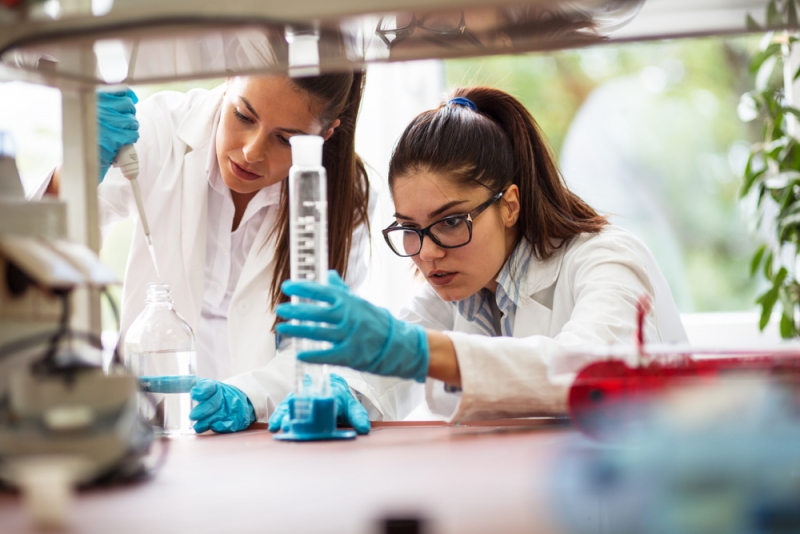 NIH recently published two notices of special interest (NOSIs) announcing administrative supplements to support and enhance retention of early-career biomedical investigators during critical life events. In response to a challenge from NIH Director Francis S. Collins, M.D., Ph.D., to address the persistent underrepresentation of women in NIH-relevant research, the NIH Working Group on Women in Biomedical Careers developed these pilot programs to complement ongoing efforts and initiatives of NIH Institutes. The NIH Working Group on Women in Biomedical Careers continues to consider approaches and programs to accelerate progress in this area.
NIH recently published two notices of special interest (NOSIs) announcing administrative supplements to support and enhance retention of early-career biomedical investigators during critical life events. In response to a challenge from NIH Director Francis S. Collins, M.D., Ph.D., to address the persistent underrepresentation of women in NIH-relevant research, the NIH Working Group on Women in Biomedical Careers developed these pilot programs to complement ongoing efforts and initiatives of NIH Institutes. The NIH Working Group on Women in Biomedical Careers continues to consider approaches and programs to accelerate progress in this area.
The first NOSI, Administrative Supplements to Promote Research Continuity and Retention of NIH Mentored Career Development (K) Award Recipients and Scholars (NOT-OD-20-054), announces a program to support junior investigators who have received K awards as they transition from individual mentored career development to research independence. This program aims to improve retention and minimize departures from the biomedical research workforce. The second NOSI, Administrative Supplement for Continuity of Biomedical and Behavioral Research Among First-Time Recipients of NIH Research Project Grant Awards (NOT-OD-20-055), announces a program designed to enhance the retention of investigators who are transitioning to the first renewal of their first independent Research Project Grant award or to a second NIH Research Project Grant award. Retention at the first renewal or continuous NIH Research Project Grant support is crucial for both sustaining the ongoing research NIH has made an investment in and retaining diversity in the biomedical research workforce.
Eligibility for these supplement programs hinges on the Program Director/Principal Investigator (PD/PI) experiencing a critical life event such as childbirth, adoption, or taking on caregiving responsibilities for an ailing family member.
Details on NOT-OD-20-054 and NOT-OD-20-055 are available on the NIH Grants & Funding website, and additional information on NIH’s family-friendly initiative is available in an FAQ.
